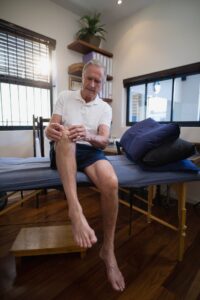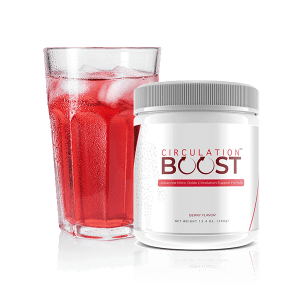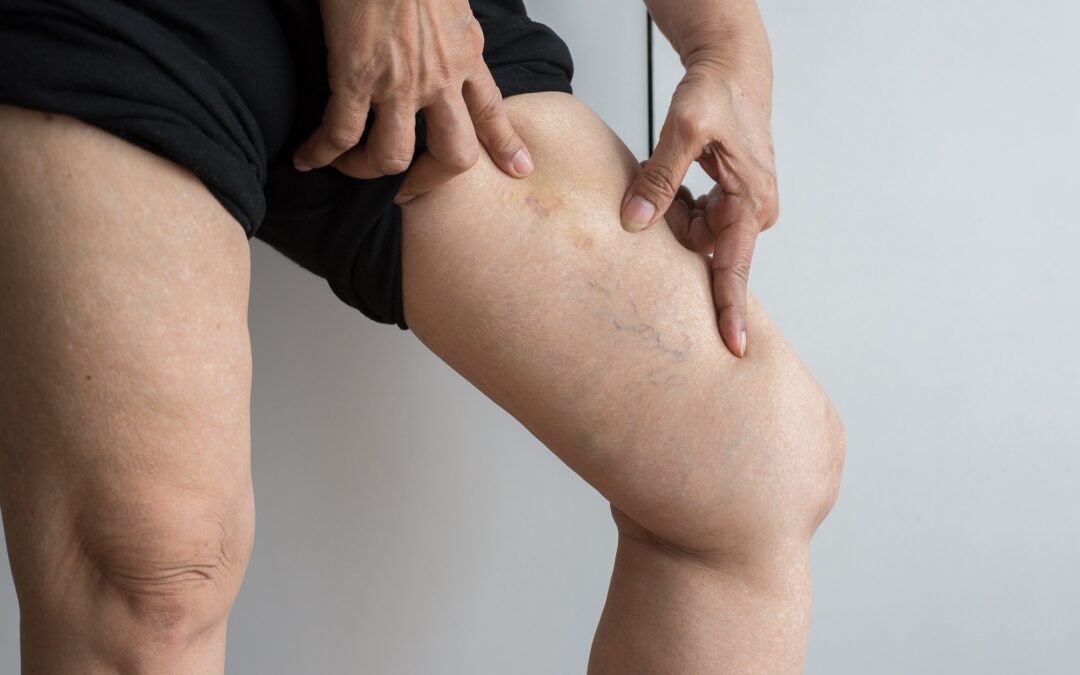Poor circulation can affect your body in various ways. If you’re asking yourself, “why are my legs aching?” then read on to find out why.
Aside from obvious reasons (e.g.: broken bones), poor circulation is one of the most common causes of leg pain. Poor circulation can be a result of Peripheral Artery Disease (PAD), which happens when plaque builds up in your arteries. As a result of the reduced blood flow, less oxygen gets to your legs, hindering your body’s functions.
 If you experience leg pain, it’s important to talk to your doctor if you have certain risk factors for PAD. Some of the symptoms to be aware of include being over 50 years of age, having diabetes, and high cholesterol. In addition, be on the lookout for high blood pressure (hypertension), have a history of heart disease, or have smoked.
If you experience leg pain, it’s important to talk to your doctor if you have certain risk factors for PAD. Some of the symptoms to be aware of include being over 50 years of age, having diabetes, and high cholesterol. In addition, be on the lookout for high blood pressure (hypertension), have a history of heart disease, or have smoked.
If you currently have leg pain as a result of poor circulation, you may experience certain symptoms such as numbness. You may also feel pain while walking or when resting, painful cramping, coldness in your feet, and skin color change. Finally, you may notice slower toenail growth, hair loss on the area, or a weak pulse in your legs.
Preventing Poor Circulation
One of the best ways to prevent poor circulation in your legs is to adopt healthy lifestyle changes. For example, you can start exercising regularly until you get at least 150 minutes of moderate-intensity exercise per week. You can also eat a healthy diet that has lots of fruits and vegetables since they help the body function normally.
If you want to diagnose your leg pain, you may be given two different tests: an Ankle-Brachial Index (ABI) test or a Doppler Ultrasound (DU). The ABI tests compare the blood pressure in your arm and ankle. Since both should generally be the same, a significant change may be a sign of narrowing leg arteries. In contrast, the ultrasound determines which arteries are blocked by finding the specific location and pattern of any blockages.
Treatment Options
While treatment options may vary by case, making healthy lifestyle changes can benefit everyone; this includes avoiding unhealthy habits. However, if these simple changes can’t make a difference, your doctor may recommend a procedure depending on the severity. In fact, a combination of an endovascular technique and open surgical technique may be necessary for some patients.
 If you want to properly care for your legs, make sure you wear proper-sized shoes and practice proper foot hygiene. You should also inspect your feet on a daily basis and talk to your doctor about any wounds that won’t heal.
If you want to properly care for your legs, make sure you wear proper-sized shoes and practice proper foot hygiene. You should also inspect your feet on a daily basis and talk to your doctor about any wounds that won’t heal.
In addition to these tips, you can take certain supplements like Circulation Boost to promote your blood flow. Its ingredients help boost healthy circulation, blood pressure, energy levels, and more. Give your circulation the support it needs by adopting healthy habits and taking Circulation Boost.

